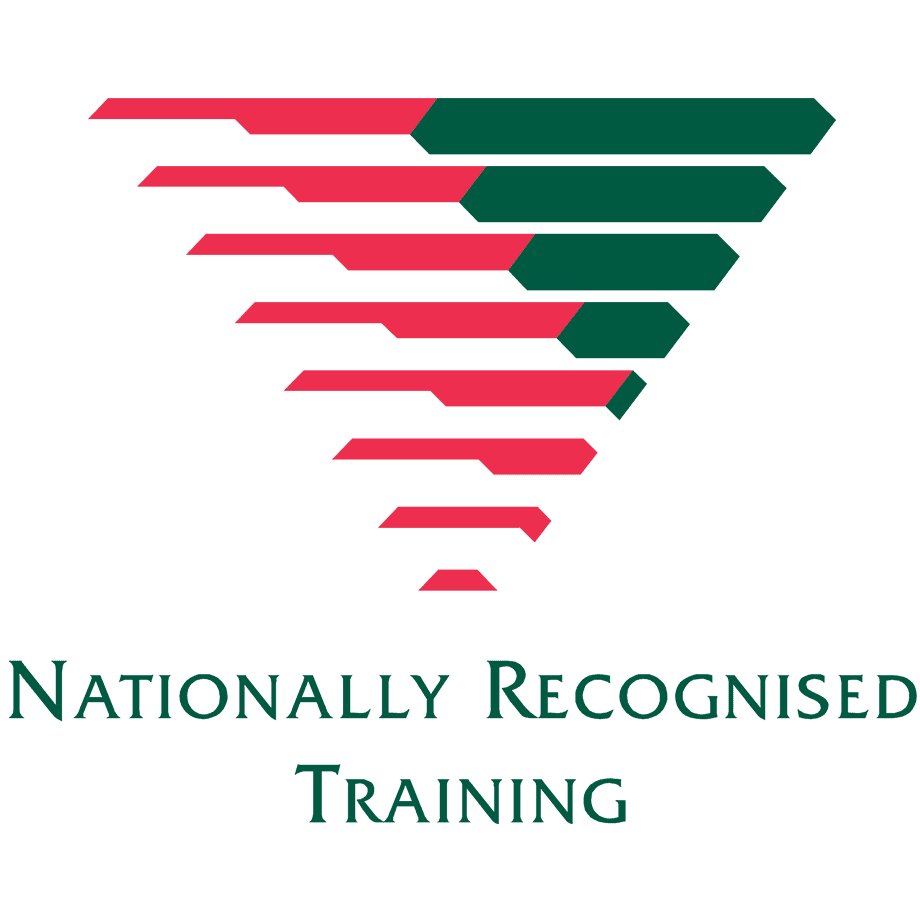
RTO: #90774
Fight Fire & Respond to Hazmat Incidents Course
Course Description
This program provides the knowledge and skills for emergency responders and staff who are expected to have skills in the ability to fight fires, use breathing apparatus and respond to a dangerous goods and / or HAZMAT incidents.
The program covers the use of personal protective equipment (PPE), personal protective clothing (PPC), identifying the particular hazards, emergency procedures and observing safe working practices associated with the handling and containment of dangerous goods and hazardous substances. This program applies to workplaces where materials and chemicals are subject to codes and regulations.
Units of Competency
- PUAFIR210 Prevent injury
- PUATEA001 Work in a team
- CPPFES2005 Demonstrate first attack firefighting equipment
- PUAEQU001 Prepare and maintain response equipment
- MSMWHS205 Control minor incidents
- MSMWHS212 Undertake first response to fire incidents
- PUAFIR207 Operate breathing apparatus open circuit
- PUAFIR220 Respond to isolated structure fire
- PUAFIR308 Employ personal protection at a hazardous materials incident
- PUAFIR324 Render hazardous materials incidents safe
Course Outline
- Work, Health and Safety (WHS)
- Hazards and risk control
- Working in a team
- Incident action plans
- Incident, prescribed burning and/or emergency management equipment
- Personal protective equipment (PPE) including breathing apparatus and equipment for hazardous materials
- Hazard control zones and decontamination corridors and procedures
- Inspection, testing and servicing of response equipment and breathing apparatus
- Breathing Apparatus (BA), control boards and Distress Signal Units (DSU)
- Entrapment and breathing apparatus emergency procedures
- Recognising and evaluating an incident including hazardous materials
- Recognising and assessing fire situations including signs of structural collapse
- Monitoring fire conditions
- Moving in conditions of reduced visibility
- Using fire fighting equipment including extinguishers, fire hose reels and fire blankets and water from reticulated and/or static supplies
- Evacuation procedures
- Fire fighting and containment strategies and techniques
- Fire recurrence avoidance techniques
- Isolating the area
- Participating in debriefing sessions
- Safety data sheets and use of cleaning agents and chemicals
- Cleaning, maintaining and restowing response equipment
Mode of Delivery
This course will be delivered via face to face.
For group bookings, we can provide this training at one of our leading training facilities or at your site as required, simply click “Get a Quote” to find out more and arrange suitable dates.
Duration*
This course is scheduled for:
6 days of face-to-face learning and assessment
Pre-Requisite and Entry Requirements
Students holding a previous certification for the units of competency and are seeking recognition must supply their credential at the time of enrolment.
Students must have language, literacy and numeracy skills (LLN) to interpret and apply relevant information to commence learning in this program. An LLN assessment may be conducted upon receipt of enrolment application to ensure each student has the appropriate level of skills required to undertake this course.
PUAFIR210 Prevent injury is a formal prerequisite for PUAEQU001, PUAFIR207 and PUAFIR220 is covered within the program.
PUAFIR207 Operate breathing apparatus open circuit is a formal prerequisite for PUAFIR308 and PUAFIR324 is covered within the program.
Certification
Students who successfully complete the Units of Competency (UOC) and demonstrate competence will receive a nationally recognised Statement of Attainment under the Australian Qualifications Framework. The certification will be issued by Risk Response and Rescue (RTO 90774).
Cost
- $3,230 per person
- For group bookings please click “Get a Quote” to find out more or Contact Us.
Course Inclusions
All course materials, handouts and personal protective equipment will be provided.
Student Requirements
Students must wear appropriate clothing and footwear when attending face-to-face sessions.
Refer to the Participant Information Handbook for information about our policies and procedures.
*Learning and assessment hours will vary depending on your existing skills, underpinning knowledge and prior experience and your commitment to your learning and practical application of activities.


